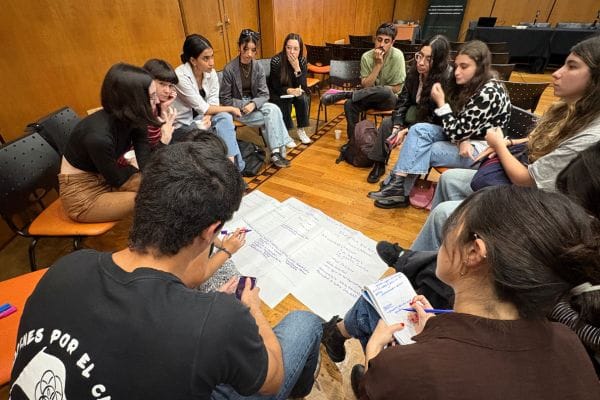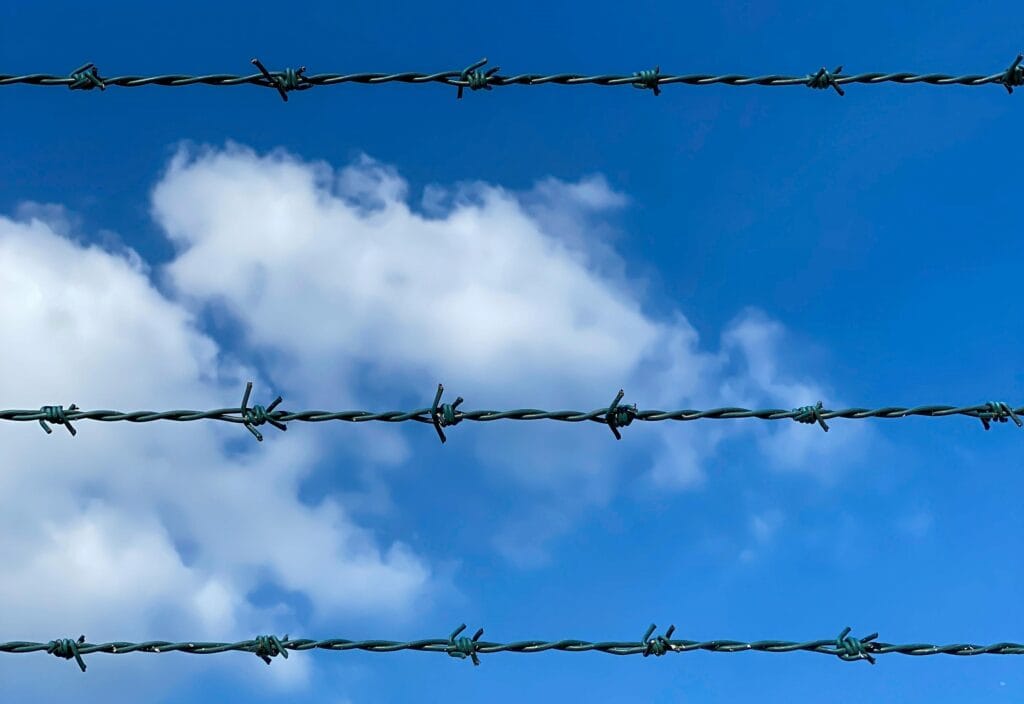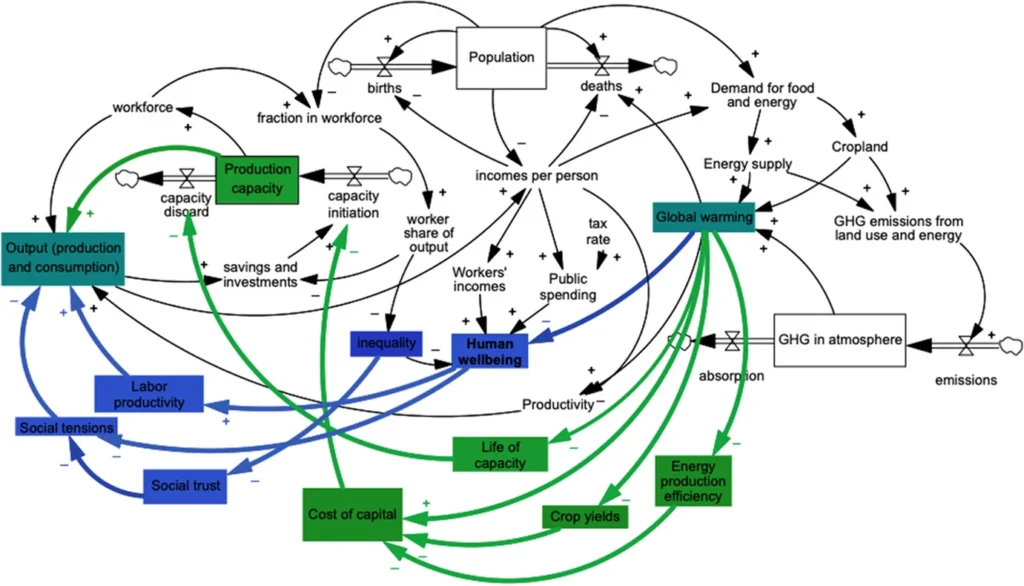Republished and translated from Trier University of Applied Sciences.
Professor Jørgen Randers, PhD, is renowned worldwide as one of the principal authors of the groundbreaking 1972 report to the Club of Rome, titled “The Limits to Growth.” This report has been published in over 30 languages and has sold millions of copies. Professor Randers also served as the lead author for subsequent reports to the Club of Rome.
These reports include “The New Limits to Growth” (1992), “The Limits to Growth – The 30 Year Update” (2004), “2052 – The New Report to the Club of Rome” (2012), and “Earth for All: A Survival Guide for Humanity” (2022).
Throughout his more than 50-year research career, he has remained dedicated to the field of global future scenarios based on the system dynamics method developed by Professor Jay W. Forrester in the 1950s and 1960s. Professor Randers has utilized this method to model and analyze socio-economic systems, ranging from individual companies to sectors and the overall economy, as well as increasingly interconnected global systems. In doing so, he has further advanced the applied system dynamics methods and continuously refined the modeling of ecological, social, and economic processes by incorporating the latest reliable findings from the relevant disciplines.
Professor Randers is being awarded the Friede Gard Prize in 2023 for his decades-long advocacy of the application of the system dynamics method in building and analyzing global models, as opposed to the utility optimization approach of the dominant neoclassical equilibrium models. Additionally, he is recognized for his tireless efforts in identifying viable scenarios for a more resilient and sustainable global development compared to the business-as-usual approach. As a significant achievement, Professor Randers’ “Earth for All” model of 2022, which can run on any laptop and is publicly accessible, serves as a culmination of years of constant improvements. This model encompasses various aspects, including land use, energy use, and climate change.
From the perspective of the Friede Gard Foundation, the system dynamics models surpass the optimization models of the neoclassical mainstream due to their ability to account for nonlinear effects, interactions, and time-delayed feedback. Moreover, they are particularly suitable for tracking the development of the systems under consideration over time, even outside states of equilibrium, and for presenting different configurations (scenarios) in the case of policy decisions. The widely used models of the neoclassical mainstream, particularly those by William Nordhaus and his followers, fail to achieve this. Instead, they claim to calculate a global optimum of benefits, including an ‘optimal’ climate warming of 2.7 degrees by 2100 without significant loss in material prosperity. However, such results are based on untenable assumptions for the calculations and a mindset that disregards interactions, feedback loops, and potential tipping points that could lead to ecosystem collapse. Furthermore, they ignore the distributional effects that contribute to large economic inequalities and the potential disruption of social harmony.
The award ceremony for Professor Randers will take place on Thursday, October 12, 2023, starting at 6 p.m. at the Birkenfeld Environmental Campus of Trier University of Applied Sciences. Both on-site (limited number of seats) and online participation options will be available. A scientific symposium featuring the award winner is planned for the following day. Further information, including details about the award recipient, can be found at www.umwelt-campus.de/friede-gard-preis.



